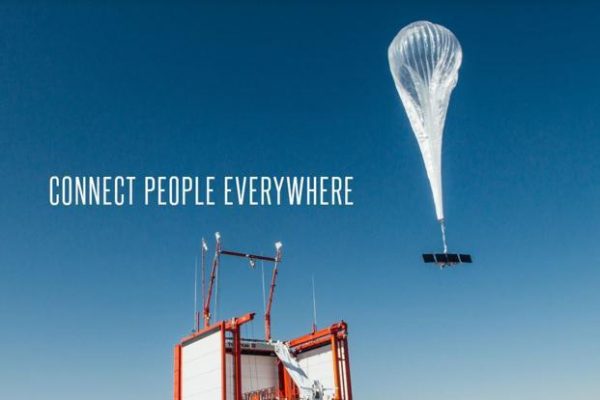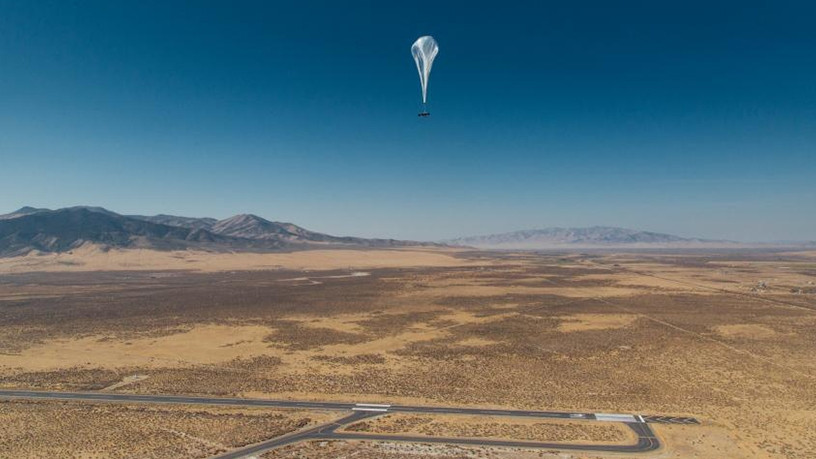Google’s parent firm, Alphabet is shutting down Loon, its balloon-powered internet company that beams high-speed internet in remote parts of the world. In Africa, Loon was especially active in Kenya.
According to reports, the company is pulling the plug because it couldn’t find a sustainable business model and partners for the project.


Loon CEO, Alistair Westgarth further explained in a blog post that they just couldn’t get the cost low enough.
“While we’ve found a number of willing partners along the way, we haven’t found a way to get the costs low enough to build a long-term, sustainable business. Developing radical new technology is inherently risky, but that doesn’t make breaking this news any easier.”
Alistair Westgarth, CEO Loon
The birth of Loon
The Loon project was initiated over 9 years ago by Google as an effort to distribute wireless connections from balloons floating 20km above the Earth.
The goal was to bring internet connectivity to areas of the world where it is too costly or not feasible to erect cell towers for internet connectivity.
They began full operations in 2011 with a pilot project in New Zealand ahead of tests in California. However, the project didn’t hit the spotlight until after it helped restore cell services knocked out by a hurricane in Puerto Rico and Peru.
In 2018, Loon became a full-fledged division within Alphabet. A year later, the company brought its technology to Africa with the aim of providing connectivity to remote areas on the continent starting with Kenya.


Loon in Kenya
Alphabet’s move to shutdown Loon especially in Africa is surprising. Just last year, Loon successfully launched its first balloons to provide commercial connectivity services after securing approval from the Government of Kenya.
The test phase which took over two years similarly showed great prospects, providing internet connectivity to 35,000 customers while covering about 50,000 square kilometres. This gave an early impression that things were moving in the right direction.
Loon’s internet currently covers a region spanning nearly 50,000 sq.km., including the areas of Iten, Eldoret, Baringo, Nakuru, Kakamega, Kisumu, Kisii, Bomet, Kericho, and Narok.
With the latest development, Loon’s operation in Kenya will be winding down. However, the company revealed that its services will continue to operate until March.


Despite shutting down, Alphabet describes Loons connectivity efforts as a success. It explained that it has catalyzed an ecosystem of organizations working on providing connectivity from the stratosphere.
According to Westgarth, the world needs a layered approach to connectivity and Loon has made a number of important technical contributions.
“The world needs a layered approach to connectivity — terrestrial, stratospheric, and space-based — because each layer is suited to different parts of the problem. In this area, Loon has made a number of important technical contributions”
Alistair Westgarth, Loon CEO
What’s Next
According to an X spokesperson, the company has established a $10 million fund to support nonprofits and businesses focused on connectivity, internet, entrepreneurship and education in Kenya.
It also plans to use high speed wireless optical link technology originally developed for Loon in Project Taara.
In summary
Alphabet’s shutdown of Loon isn’t the first scaled-down of its connectivity efforts in recent years. Last year, Google ended Google Station, its other major connectivity effort to bring internet to the next billion users.
While there are still other projects, the growing interest of SpaceX and Amazon in this space could have been a major factor in Alphabets decision to reevaluate its approach to expanding connectivity





